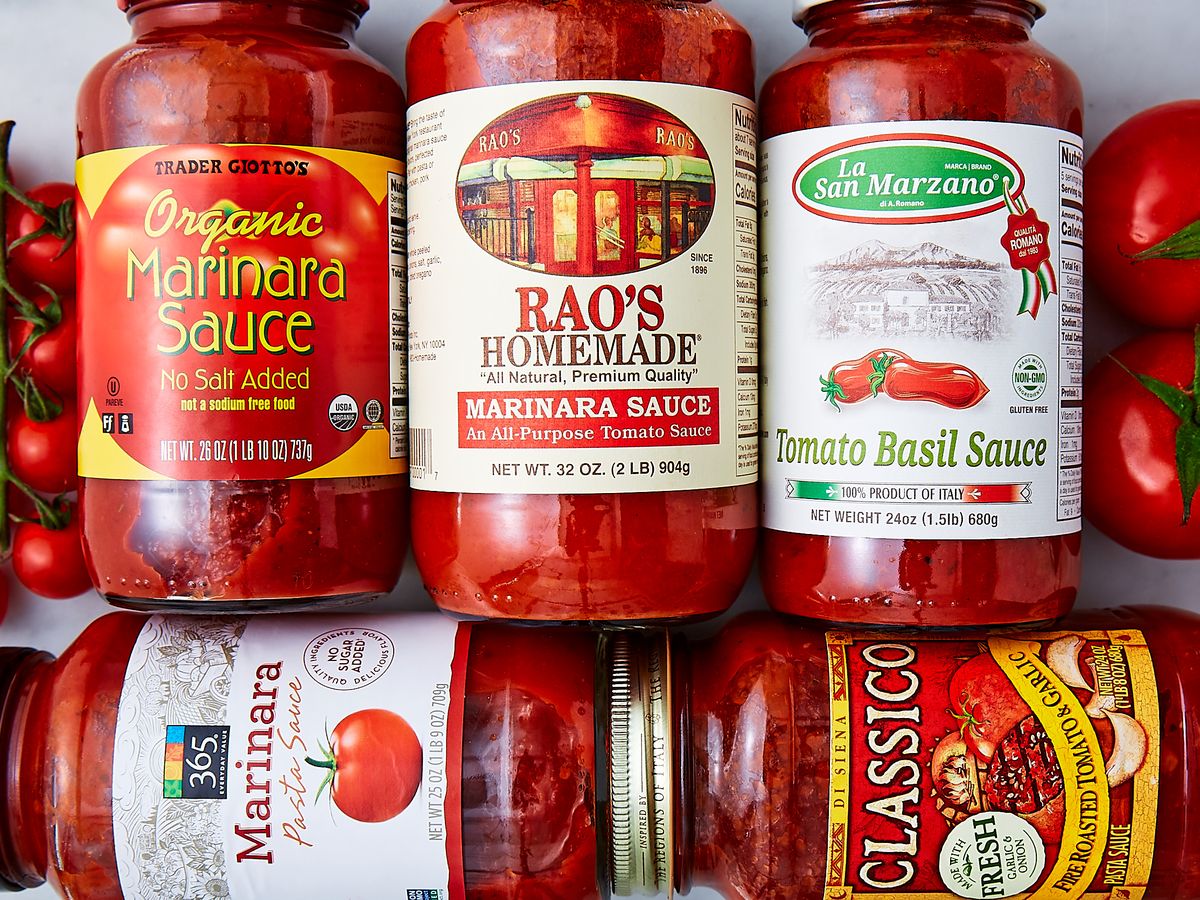

Articles
How To Store Marinara Sauce
Modified: December 7, 2023
Learn the best methods for storing marinara sauce and keeping it fresh for future use. Read our helpful articles on proper storage techniques and tips.
(Many of the links in this article redirect to a specific reviewed product. Your purchase of these products through affiliate links helps to generate commission for Storables.com, at no extra cost. Learn more)
Introduction
Marinara sauce is a classic Italian sauce known for its vibrant flavors and versatility. Whether you make your own homemade marinara sauce or buy it from the store, properly storing it is essential to maintain its freshness and quality. In this article, we will guide you through the step-by-step process of storing marinara sauce to keep it delicious for future use.
By following these tips, you can ensure that your marinara sauce stays flavorful and ready to use whenever you’re craving a taste of Italy. Let’s dive into the details of how to store marinara sauce properly.
Key Takeaways:
- Properly storing marinara sauce involves choosing the right container, cooling it down, and sealing it tightly. Label and date the containers to track freshness and enjoy flavorful meals anytime.
- Freezing marinara sauce extends its shelf life. Thaw it in the refrigerator or cold water, then reheat thoroughly before enjoying its delicious flavors.
Read more: How To Store Homemade Marinara Sauce
Step 1: Choosing the Right Container
The first step in successfully storing marinara sauce is choosing the right container. It’s important to select a container that is both airtight and made of a food-safe material.
When it comes to airtight containers, options such as glass jars, plastic containers with tight-fitting lids, or even resealable plastic bags can be suitable choices. Glass jars are particularly popular because they are resistant to temperature changes and do not retain any odors, ensuring that your marinara sauce stays fresh.
Additionally, it’s important to choose a container made of a food-safe material. This means selecting a container that is BPA-free and suitable for storing acidic foods like tomato-based sauces. Avoid using containers made of materials like aluminum or reactive metals that can cause a metallic taste and affect the quality of the sauce.
It’s worth mentioning that the container you choose should also be of an appropriate size to store the amount of marinara sauce you have, with a little extra room at the top to allow for expansion.
Step 2: Preparing the Sauce for Storage
Before storing your marinara sauce, it’s important to prepare it properly to ensure its longevity. Here are some crucial steps to follow:
- Cool down the sauce: Allow the marinara sauce to cool down completely before transferring it to the storage container. This helps prevent condensation, which can lead to bacterial growth and spoilage.
- Remove any excess air: Remove any excess air from the container to minimize the risk of oxidation and contamination. One way to do this is by gently tapping the container to release any trapped air bubbles.
- Consider adding a preservative: If you’re making homemade marinara sauce and planning to store it for an extended period, you may want to add a natural preservative like lemon juice or citric acid. These ingredients can help inhibit the growth of bacteria and prolong the shelf life of the sauce.
- Label and date: Don’t forget to label the container with the contents and the date of preparation. This will help you keep track of the sauce’s freshness and ensure you use the oldest sauce first.
- Keep in mind dietary restrictions: If you or someone in your household has dietary restrictions, such as allergies or sensitivities, make sure to store the sauce separately or label it clearly to avoid any cross-contamination.
By taking these steps, you can ensure that your marinara sauce is properly prepared for storage, minimizing the risk of spoilage and ensuring its freshness for future use.
Step 3: Cooling the Sauce
After you have prepared the marinara sauce for storage, the next step is to cool it down properly. Cooling the sauce thoroughly before storing it helps prevent bacterial growth and maintains its quality.
Here are some tips for cooling your marinara sauce:
- Allow it to cool at room temperature: Once the sauce is cooked, remove it from the heat and let it sit at room temperature for about 30 minutes. This allows the sauce to cool down slightly before further steps.
- Speed up the cooling process: If you need to cool the sauce quickly, you can place the pot containing the sauce in a larger container filled with ice water. Stir the sauce gently to distribute the heat and promote faster cooling.
- Divide into smaller portions: If you have a large batch of marinara sauce to cool, consider dividing it into smaller portions. This will help the sauce cool more quickly and evenly, reducing the risk of bacterial growth.
- Don’t cover the sauce while it’s hot: It’s important not to cover the sauce while it’s still hot. Covering it can trap moisture and heat, creating an environment for bacteria to thrive.
Once the marinara sauce has cooled down to room temperature, it is ready to be transferred to your chosen storage container. Remember, allowing the sauce to cool thoroughly is a critical step for maintaining its freshness and safety during storage.
Step 4: Properly Sealing the Container
Properly sealing the container is crucial to prevent air and moisture from entering, which can lead to spoilage and a decrease in the quality of the marinara sauce. Follow these steps to ensure a secure seal:
- Choose airtight containers: As mentioned earlier, select containers that have a tight-fitting lid or cap to create an airtight seal. This will help to keep the marinara sauce fresh and prevent any contamination.
- Remove excess air: Before sealing the container, remove any excess air by pressing down on the sauce or squeezing out any air trapped inside the bag. This can help prevent oxidation and maintain the sauce’s flavor.
- Wipe the rim: Ensure that the rim of the container, especially for glass jars, is clean and dry. Wipe away any spills or sauce residue before sealing the container. This will improve the seal and prevent any potential leaks or contamination.
- Tightly close the lid or cap: Securely close the lid or cap of the container, ensuring a tight seal. For glass jars, twist the metal lid tightly until you feel resistance. With plastic containers, make sure the lid snaps securely into place.
- Use additional sealing methods (optional): For added protection, you can consider using additional sealing methods, such as placing plastic wrap directly on the sauce’s surface before closing the lid. This extra layer can provide an additional barrier against air and moisture.
By properly sealing the container, you are creating a protective barrier that will help preserve the marinara sauce’s freshness and flavors. This step is essential in maintaining the quality of the sauce during its storage period.
Store marinara sauce in an airtight container in the refrigerator for up to 5 days. For longer storage, freeze in a freezer-safe container for up to 3 months. Be sure to label and date the container for easy reference.
Read more: How To Store Spaghetti Sauce
Step 5: Storing the Sauce
Once you have properly sealed the container holding your marinara sauce, it’s time to store it in the right conditions to preserve its flavors and freshness. Here are some guidelines to follow:
- Choose the right storage location: Store the sauce in a cool, dark, and dry place. Avoid areas that are exposed to direct sunlight or fluctuating temperatures, as these can degrade the quality of the sauce.
- Avoid storing near strong odors: Strong odors can permeate the sauce and impact its flavor. Keep the marinara sauce away from pungent food items, cleaning chemicals, or anything with a strong smell.
- Consider the shelf life: The shelf life of marinara sauce can vary depending on whether it’s homemade or store-bought. Homemade sauce typically lasts for about 3-4 days in the refrigerator and up to 3 months in the freezer. Store-bought sauce often has a longer shelf life, as indicated on the packaging.
- Organize the storage: If you have multiple containers or jars of marinara sauce, consider organizing them in a way that allows you to easily access the oldest sauce first. This helps ensure that nothing goes to waste and that you use the sauce within its recommended timeframe.
- Monitor the sauce: Regularly check the sauce for any signs of spoilage, such as mold, off smells, or unusual textures. If you notice any of these signs, discard the sauce immediately to prevent foodborne illnesses.
By following these storage guidelines, you can ensure that your marinara sauce remains fresh and flavorful for as long as possible. Proper storage conditions are key to preserving the quality and taste of the sauce until you’re ready to enjoy it.
Step 6: Freezing the Sauce (optional)
If you want to extend the shelf life of your marinara sauce even further, freezing is an excellent option. Freezing can help preserve the sauce for several months, allowing you to enjoy it at a later time. Here’s how to freeze marinara sauce:
- Cool the sauce completely: Before freezing, ensure that the marinara sauce is cooled down to room temperature. This helps prevent condensation and ice crystals from forming, which can affect the texture and quality of the sauce.
- Transfer to freezer-safe containers: Pour the cooled marinara sauce into freezer-safe containers, leaving some space at the top to allow for expansion. Consider using freezer bags or plastic containers designed specifically for freezing liquids, as they are less prone to freezer burn.
- Label and date the containers: It’s essential to label each container with the contents and the date of freezing. This makes it easier to identify and use the oldest sauce first.
- Remove excess air: If using plastic bags, squeeze out any excess air before sealing them tightly. This helps to minimize the chances of freezer burn and maintain the sauce’s quality.
- Place in the freezer: Put the containers of marinara sauce in the freezer, ensuring they are stored upright to prevent spills. Try to keep them in a flat position initially until they are frozen, then you can stack them to save space.
When you’re ready to use the frozen marinara sauce, simply transfer it to the refrigerator and let it thaw overnight. Alternatively, you can thaw it in a microwave on a low heat setting or in a saucepan over low heat, stirring occasionally.
Remember that freezing can slightly alter the texture of the sauce, particularly if it contains ingredients like cheese or cream. However, the flavor and overall quality should remain intact. Frozen marinara sauce is perfect for adding to pasta, pizza, or other dishes whenever you need a quick and convenient meal.
Step 7: Thawing and Reheating the Sauce
Once you’re ready to use the frozen marinara sauce, proper thawing and reheating techniques are essential to maintain the flavors and texture. Follow these steps for the best results:
- Thawing in the refrigerator: The safest method to thaw the frozen marinara sauce is by transferring it from the freezer to the refrigerator. Allow the sauce to thaw slowly overnight or for at least 24 hours. This gradual thawing process helps retain the sauce’s integrity.
- Thawing in cold water: If you need to thaw the sauce more quickly, you can submerge the tightly sealed container in cold water. Change the water every 30 minutes to ensure it remains cold. Avoid using hot water, as it can promote bacterial growth.
- Avoid thawing at room temperature: It’s not recommended to thaw the marinara sauce at room temperature, as this can lead to uneven thawing and potentially compromising its safety.
- Reheat the sauce: Once the marinara sauce is fully thawed, it’s time to reheat it. Transfer the sauce to a saucepan and heat it over low to medium heat, stirring occasionally. Alternatively, you can microwave it in a microwave-safe container, stirring every 30 seconds until heated through.
- Adjust the consistency and flavor: While reheating, you may find that the sauce has thickened or that the flavors have mellowed. Adjust the consistency by adding a small amount of water or stock, if needed. Taste the sauce and adjust the seasoning with salt, pepper, or herbs to enhance the flavors.
Ensure that the marinara sauce is heated until it reaches a safe internal temperature of 165°F (74°C) to kill any potential bacteria. Once heated, serve the sauce immediately with your favorite pasta, pizza, or other dishes.
Remember that reheated marinara sauce should be discarded if it has been left at room temperature for more than 2 hours to avoid the risk of foodborne illnesses.
By following these thawing and reheating steps, you can enjoy the delicious taste of your frozen marinara sauce and make every meal burst with flavor.
Conclusion
Properly storing marinara sauce is crucial to preserve its flavors and ensure its longevity. Whether you’ve made a homemade batch or bought it from the store, following the right steps can help maintain the freshness and quality for future use. By choosing the right container, preparing the sauce properly, cooling it down, sealing the container, storing it correctly, and optionally freezing the sauce, you can enjoy the delicious taste of marinara sauce whenever you’re ready to use it.
Remember to follow food safety guidelines and monitor the sauce for any signs of spoilage. Label and date the containers to keep track of their freshness, and be mindful of dietary restrictions if necessary. With proper storage techniques, you can have marinara sauce on hand to enhance your pasta, pizzas, and other dishes, making mealtime a flavorful experience.
So next time you whip up a batch of marinara sauce, take these steps into consideration to ensure that you can savor its deliciousness for weeks or even months to come.
Frequently Asked Questions about How To Store Marinara Sauce
Was this page helpful?
At Storables.com, we guarantee accurate and reliable information. Our content, validated by Expert Board Contributors, is crafted following stringent Editorial Policies. We're committed to providing you with well-researched, expert-backed insights for all your informational needs.



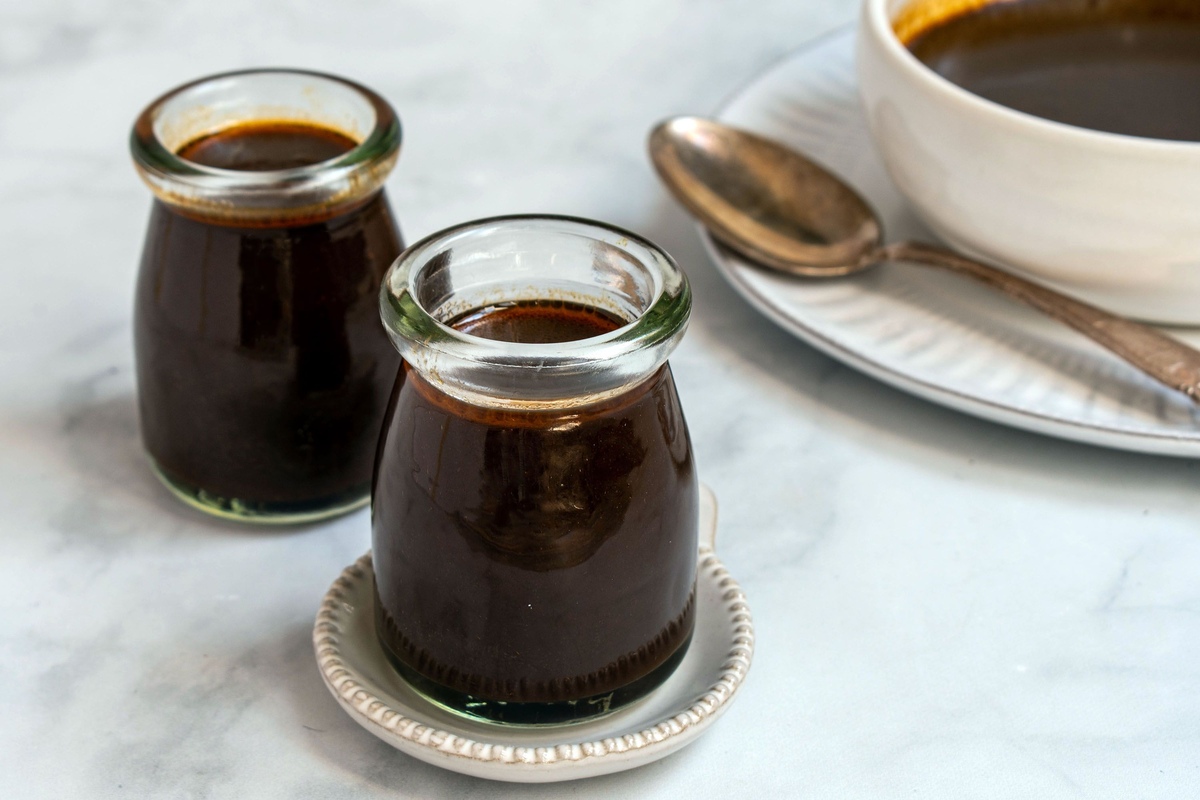
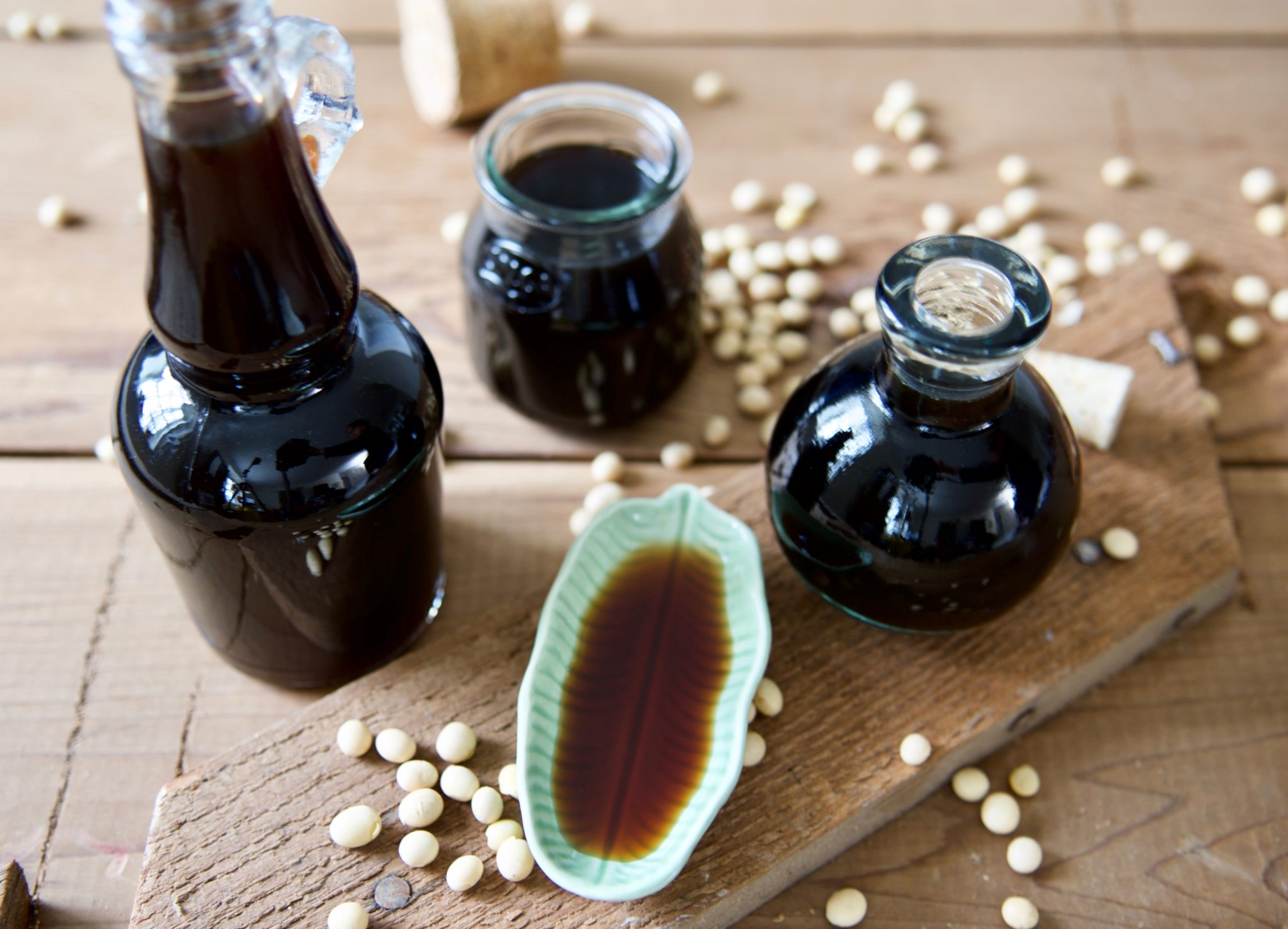
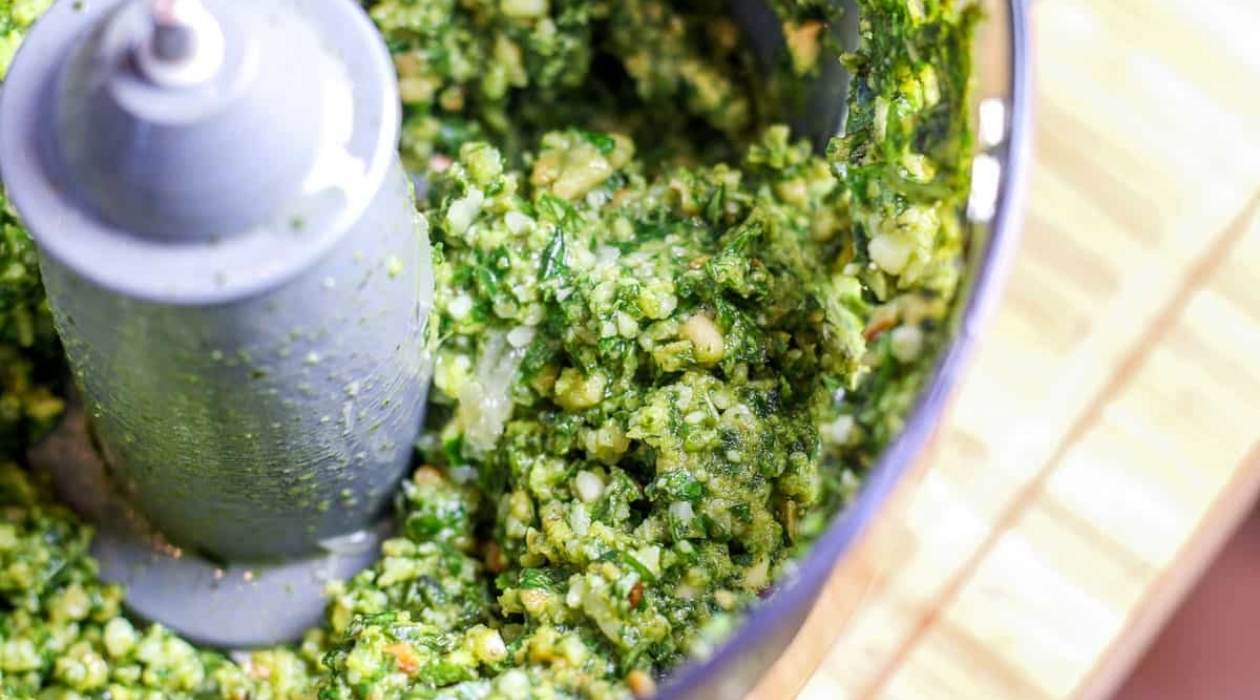

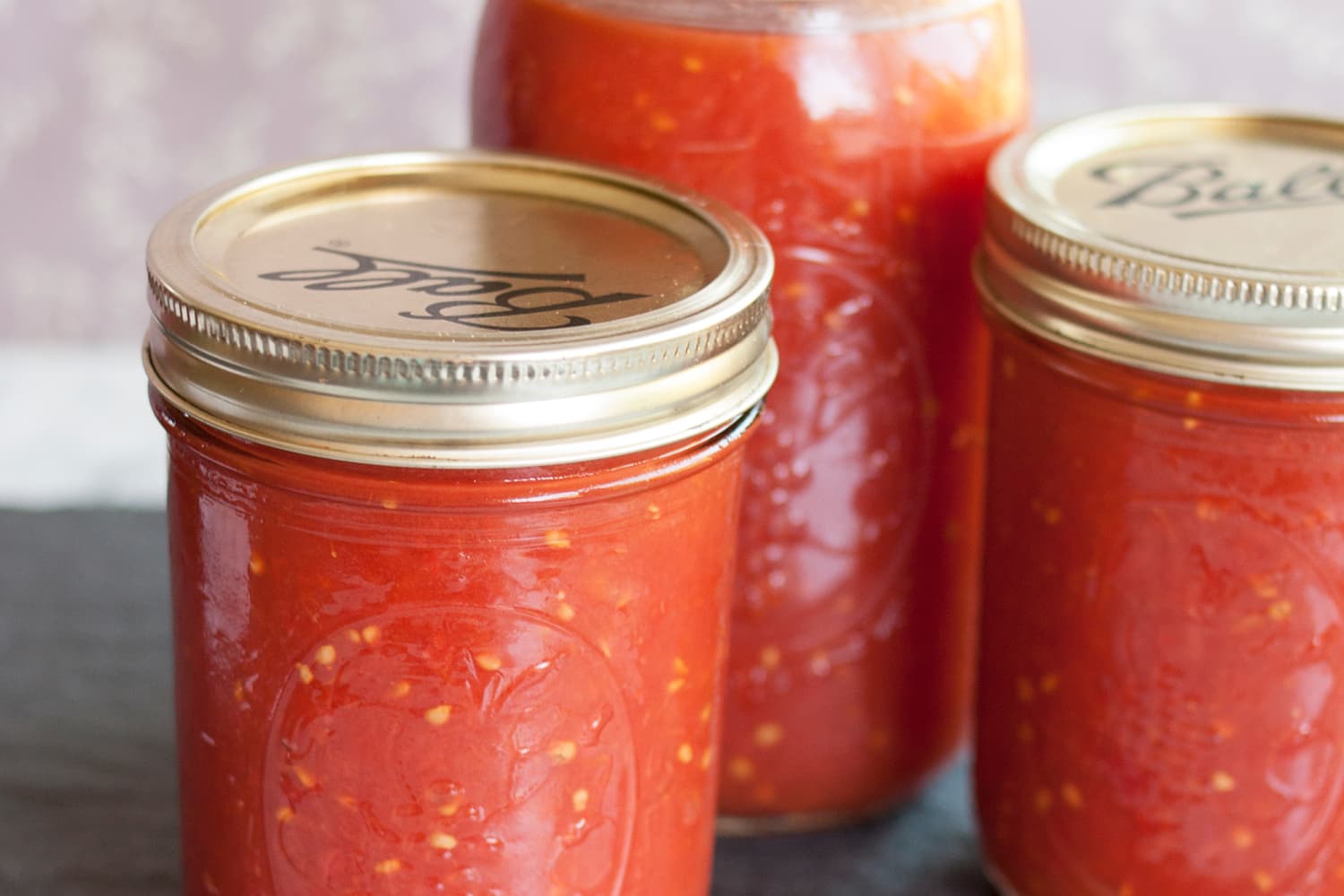
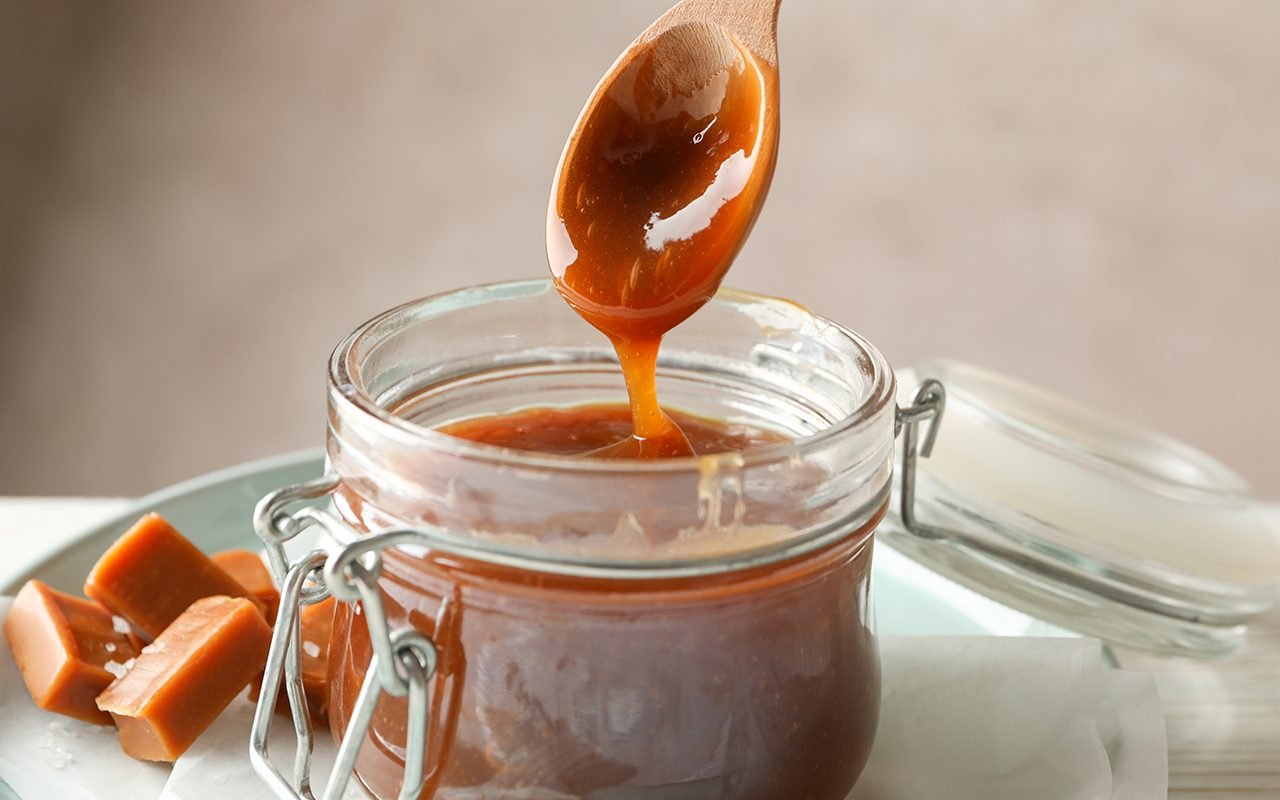
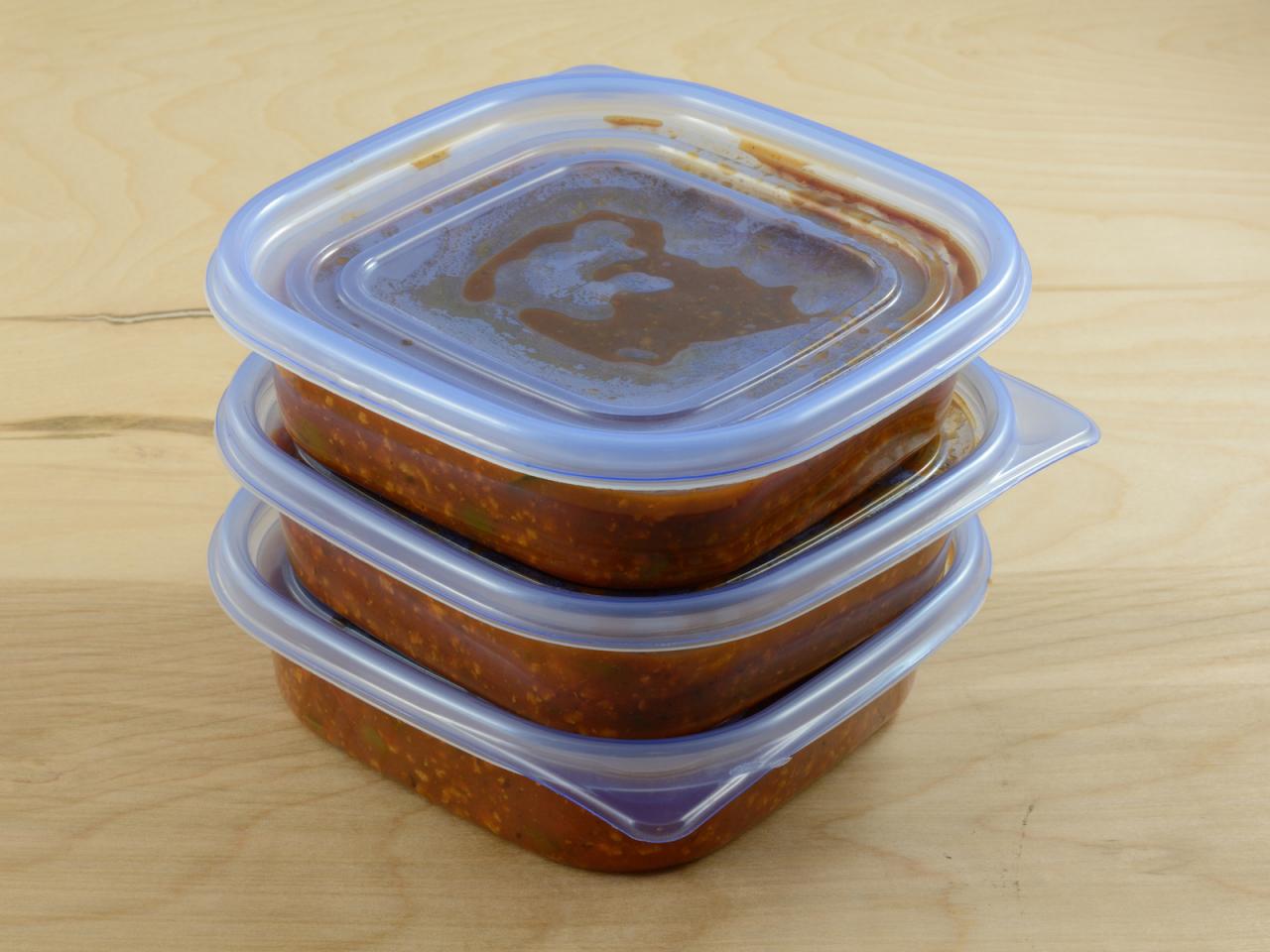
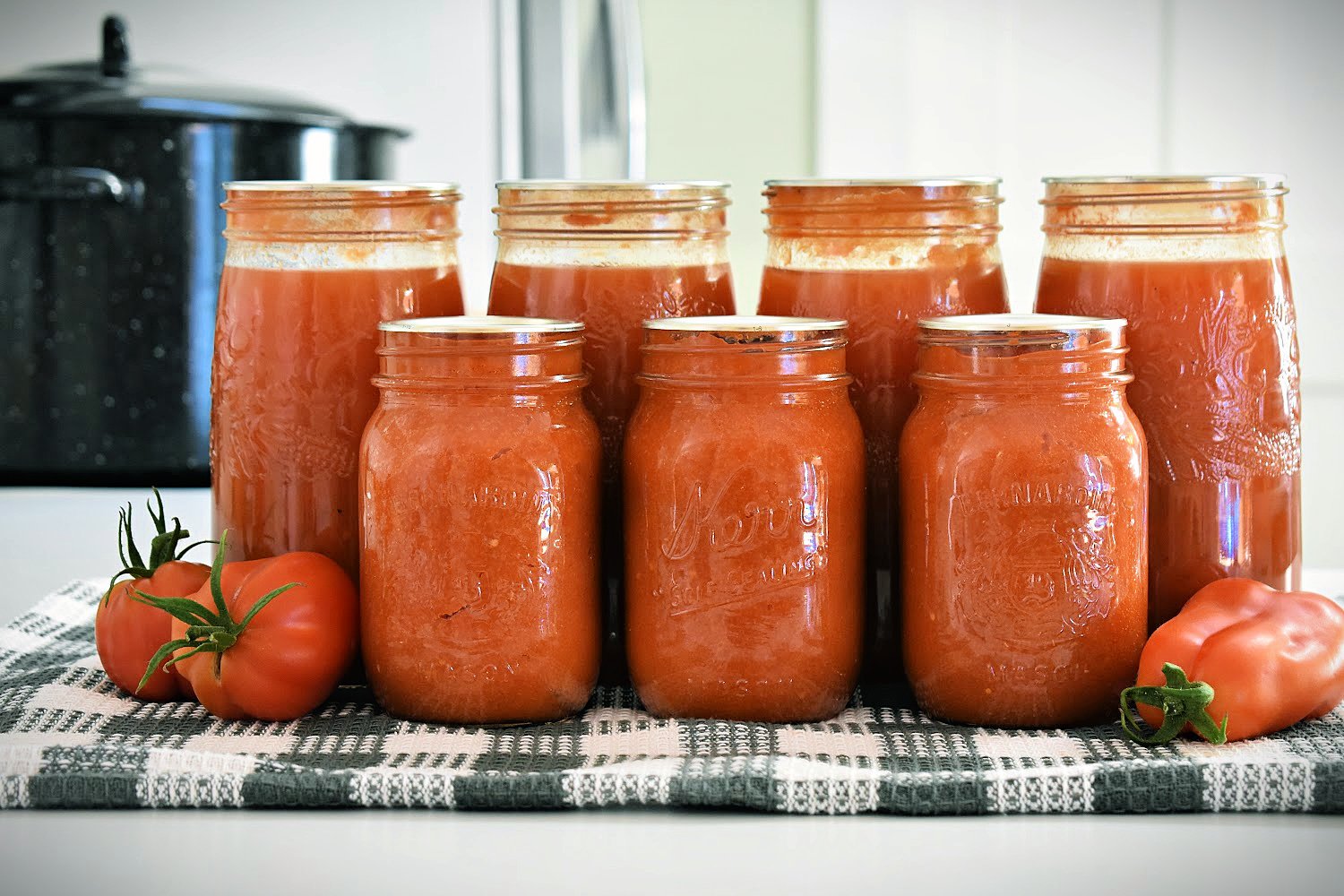
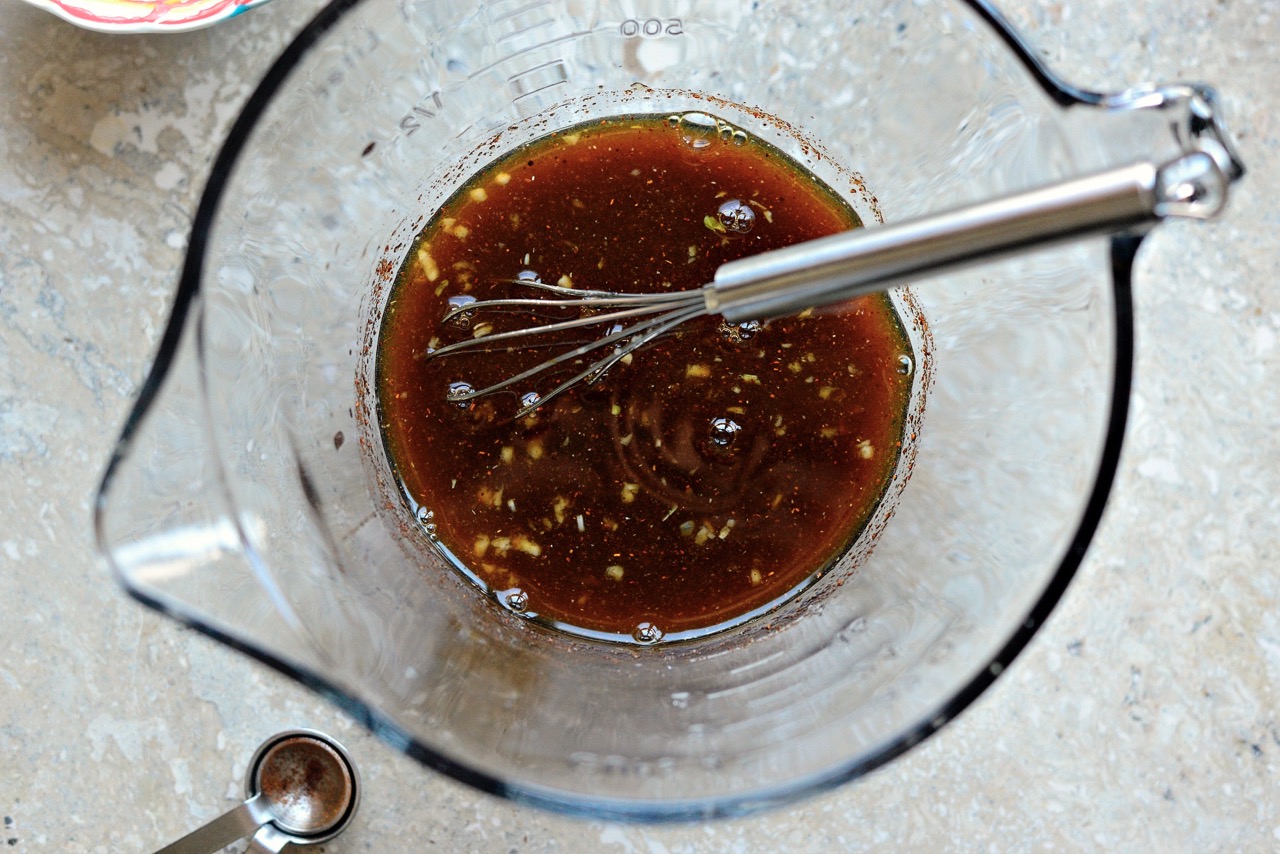
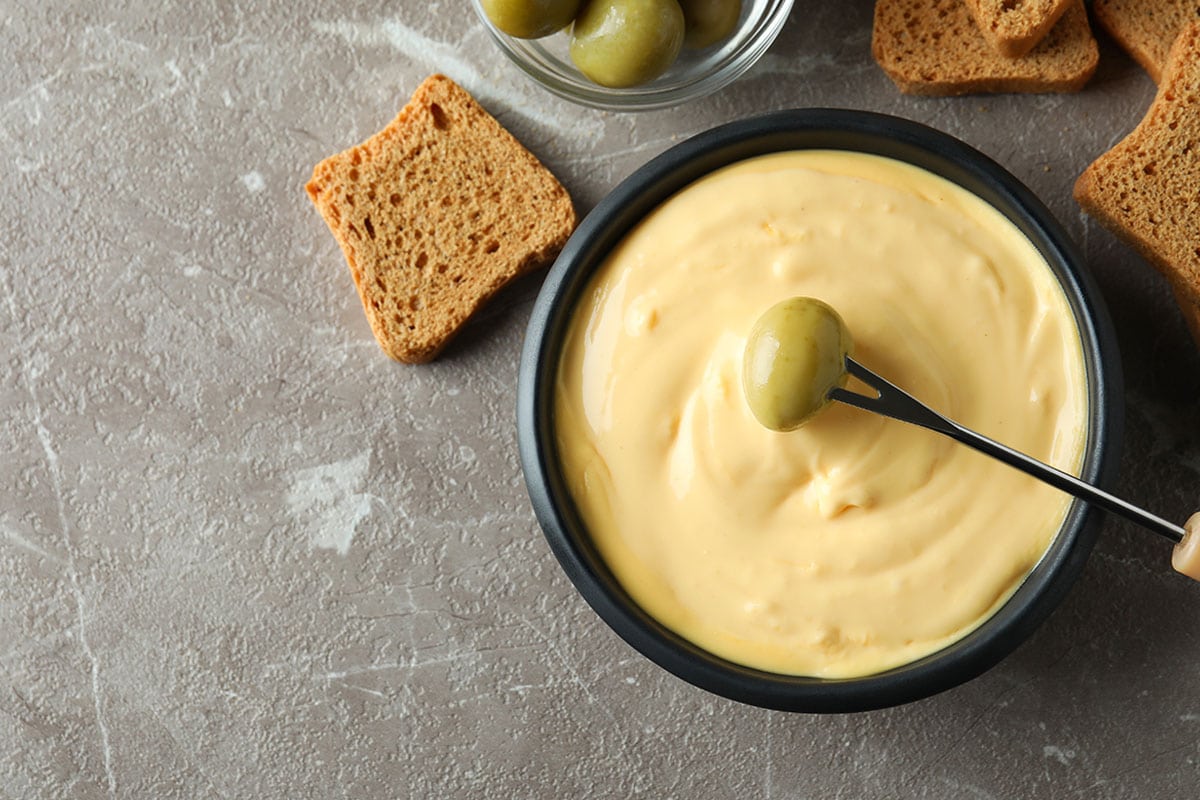


0 thoughts on “How To Store Marinara Sauce”